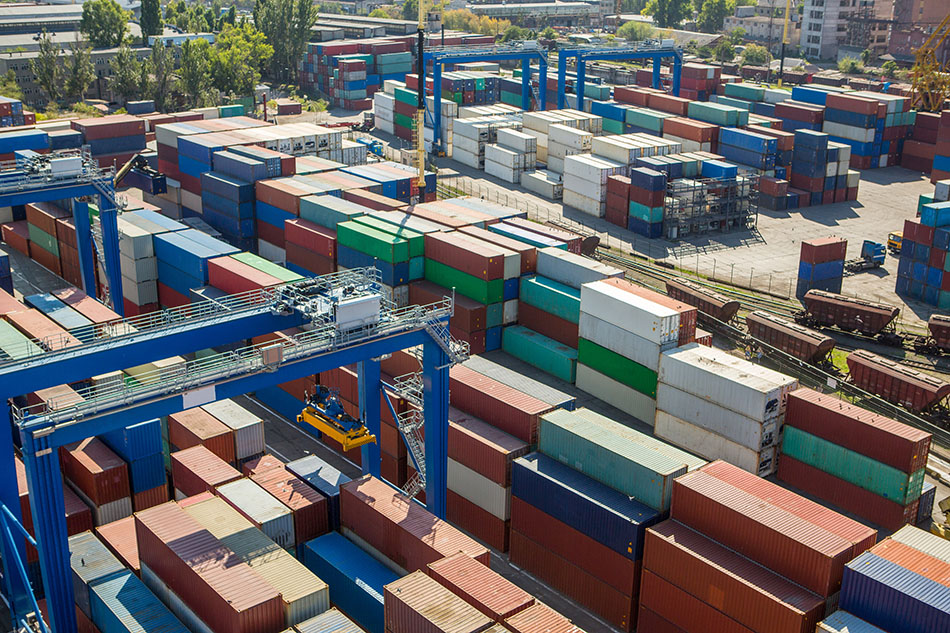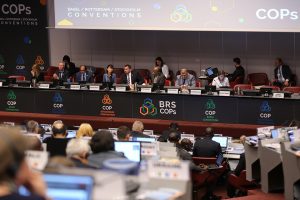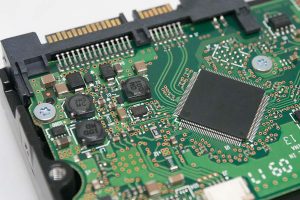
The rulemaking would have allowed exports of tested and working devices. | Alexey Lesik/Shutterstock
The U.S. Department of Commerce has decided not to pursue regulations restricting some e-scrap exports, according to the Institute of Scrap Recycling Industries (ISRI).








 Final adoption of key international guidelines for e-scrap exports was once again punted as debate drags on over the definition of “repairable” devices.
Final adoption of key international guidelines for e-scrap exports was once again punted as debate drags on over the definition of “repairable” devices.
 Authorities raided an electronics repair company in Texas last week, arresting and detaining nearly 300 employees for suspected immigration violations.
Authorities raided an electronics repair company in Texas last week, arresting and detaining nearly 300 employees for suspected immigration violations.